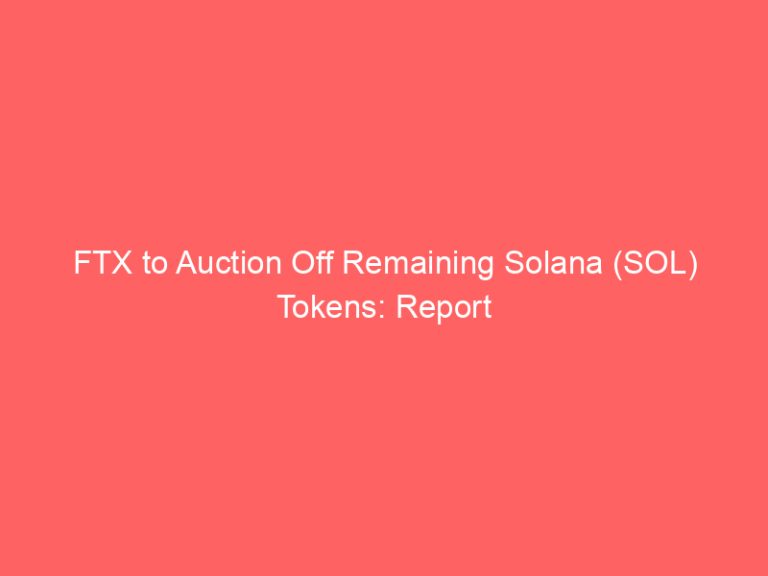Remittances in Bitcoin and other cryptocurrencies sent to El Salvador fell 17.8% during the first two months of 2023 compared to 2022, according to recent data published by the country’s Central Reserve Bank (BCR) reported by Agencia EFE.
As per the statement, El Salvador received a total of $15.98 million in remittances via cryptocurrencies. This amount represents a decrease of $3.47 million compared to the same period during the previous year when the country registered over $19.45 million in crypto remittances.
Crypto Remittances Accounted for 1.34% of the Total Received.
According to BCR information, remittances received through cryptocurrencies represented only 1.34% of the total received by the country, which until the latest report, totaled almost $1.2 Billion.
Although the percentage drop in remittances during the last two months was almost 20% compared to 2022, the truth is that since the implementation of the Bitcoin Law, the use of cryptocurrencies for international transactions has not significantly impacted the Salvadoran economy. Most Salvadorans send money using traditional services, and the amount of money they send is pretty much the same.
During 2022, more than $7 billion in remittances were sent to the Central American country; however, only $126 million were sent using cryptocurrencies, according to Prensa Latina.
This shows that the economic policy around Bitcoin proposed by President Nayib Bukele has not yet resonated with Salvadorans, as the vast majority still prefers fiat services over crypto-powered options despite high transaction costs and many other disadvantages.
One of the most likely reasons pointed out by many experts is the lack of crypto education among the population. When Bukele promoted the Bitcoin law to declare BTC legal currency, Salvadorans didn’t know what the cryptocurrency really was, how to use it, or what advantages it offered.
Benefits of the Bitcoin Law in El Salvador
The Bitcoin Law might have a limited impact on the remittance industry, but there is a field that is thriving thanks to Bukele’s love for crypto: tourism and foreign investments.
Bukele stated that tourism in El Salvador has increased by 95% since the implementation of the Bitcoin Law. Moreover, the president said during an interview that “there are many bitcoiners who want to go to the country where bitcoin is legal tender.”
Similarly, El Salvador’s Tourism Minister, Morena Valdez, stated at the beginning of 2022 that the country has become an attractive destination for Americans, who represent 60% of the total visits. This has also been pointed out by the president as a way to promote his war against organized crime.
On the other hand, the president’s enthusiasm for Bitcoin has helped him establish relationships with pro-bitcoin US politicians like José “Joe” Esparza, Deputy Secretary of State of Texas, with whom he is discussing the opening of a second Bitcoin embassy, as well as the expansion of other economic and trade exchange projects.
He has also established ties with major crypto influencers like Max Keiser, Stacy Herbert, Ray Youssef, and Jack Mallers, which could potentially help inject more money into the local industry and bring more dynamism to the country’s economy.
The post Crypto Remittances to El Salvador Down 18% in Early 2023 appeared first on CryptoPotato.
















